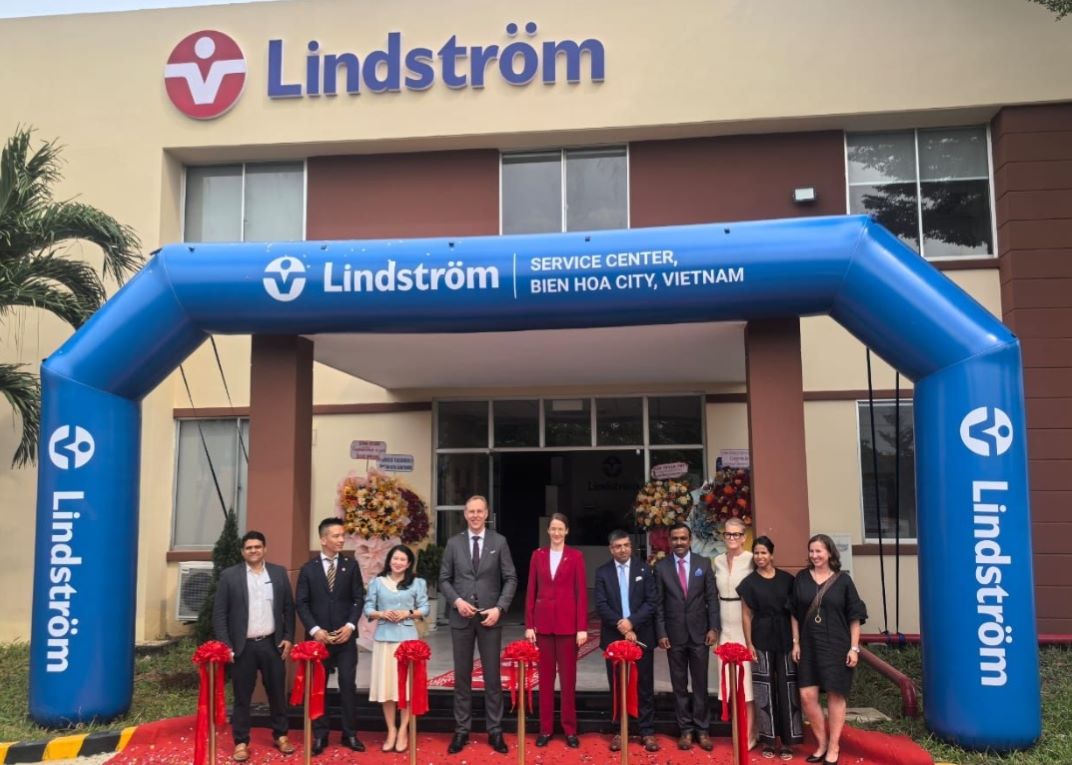
LIVER CANCER is the second most leading cause of cancer-related deaths worldwide and has an incidence of approximately 850,000 new cases. Mortality owing to liver cancer has increased in the past 20 years and latest estimates also indicate that global health burden of this disease will continue to grow.
With little or no symptoms at onset, HCC is also defect to detect and patients are diagnosed only at an advanced stage, severely impacting overall survival chances. Overall 5-year survival rate for advanced HCC is less than 5%, further proof that the disease is deadly.
Talking at Singapore event on Liver Cancer Awareness organized by Bayer, Prof Josep M. Llovet[1], emphasized on the co-relation of Hepatitis B (HBV) and Hepatitis C infections (HCV) to HCC incidence. He mentioned that about 400 million people are infected with HBV globally, with 0.2% having chronic hepatitis and 2% having cirrhosis per year, thus running the risk of developing into HCC. Further, there are 170 million people worldwide infected with HCV, with 0.3% having chronic hepatitis and 3-7% having cirrhosis per year, again running the risk of developing into HCC as a result.
In response to the above, a prospective, observational registry study aimed at evaluating the safety of sorafenib and treatment practices in advanced stage of HCC patients has been instituted. GIDEON (Global Investigation of therapeutic DEcisions in HCC and Of its treatment with sorafeNib) is a large global database allowed for assessment of the use and tolerability of sorafenib in patients with liver dysfunction.
Prof Llovet further added that the GIDEON study revealed the safety profile of sorafenib in clinical practice, and it appeared to be consistent across patients with preserved liver function and those in which liver was not functioning properly. Findings also suggested that sorafenib may be safely used, while further indicating the importance of careful patient evaluation when making treatment decisions.
Liver Cancer in Singapore
Specifically for Singapore, liver cancer is the third most fatal cancer, annually affecting about 24 individuals in every 100,000 people. Among all primary liver cancers, hepatocellular carcinoma (HCC) is the most common, representing 90% of all cases. According to Singapore Cancer Registry 2010-2014, liver cancer is also the fourth most frequent cancer among male residents here, with men 3 times more likely to develop HCC than women. Though liver cancer is more prevalent in the older age groups from 40 to 50 years, incidence is observed in younger individuals who have either contracted Hepatitis B at birth or suffered from Hepatitis C in those with certain environmental conditions.
Talking on the matter, Dr Choo Su Pin[2] mentioned that majority of patients with liver cancer have no symptoms. Therefore, it is often detected by chance, as a result of an ultrasound test or a CT scan for other unrelated problems. In certain patients, there may be vague symptoms of heaviness or discomfort on the right side of the abdomen, with pain and loss of appetite or weight loss usually being late symptoms.
If left untreated, most HCC patients do not survive beyond 6 months. Surgery is the only treatment that can result in a reasonable survival of 5 years or beyond. However, new tumour growth is also common in liver cancer because of the underlying liver disease (i.e. hepatitis or cirrhosis).
Based on the Ministry of Health guidelines, patients with established hepatitis B or C carrier status or with liver cirrhosis would benefit from regular AFP estimations and ultrasound examinations. These tests are to be usually done at 6-month intervals and also depending on the severity of liver damage.
[1] Prof Josep M Llovet is Professor of Research, BCLC Group, Liver Unit of IDIBAPS-Hospital Clinic of Barcelona, Founder and Director of Liver Cancer Program and Full Professor of Medicine at the Mount Sinai School of Medicine, New York University and Director, Master in Translational Medicine at the Faculty of Medicine, University of Barcelona
[2] Dr Choo Su Pin is Senior Consultant and Chief of Gastrointestinal Oncology in Division of Medical Oncology, National Cancer Centre Singapore




